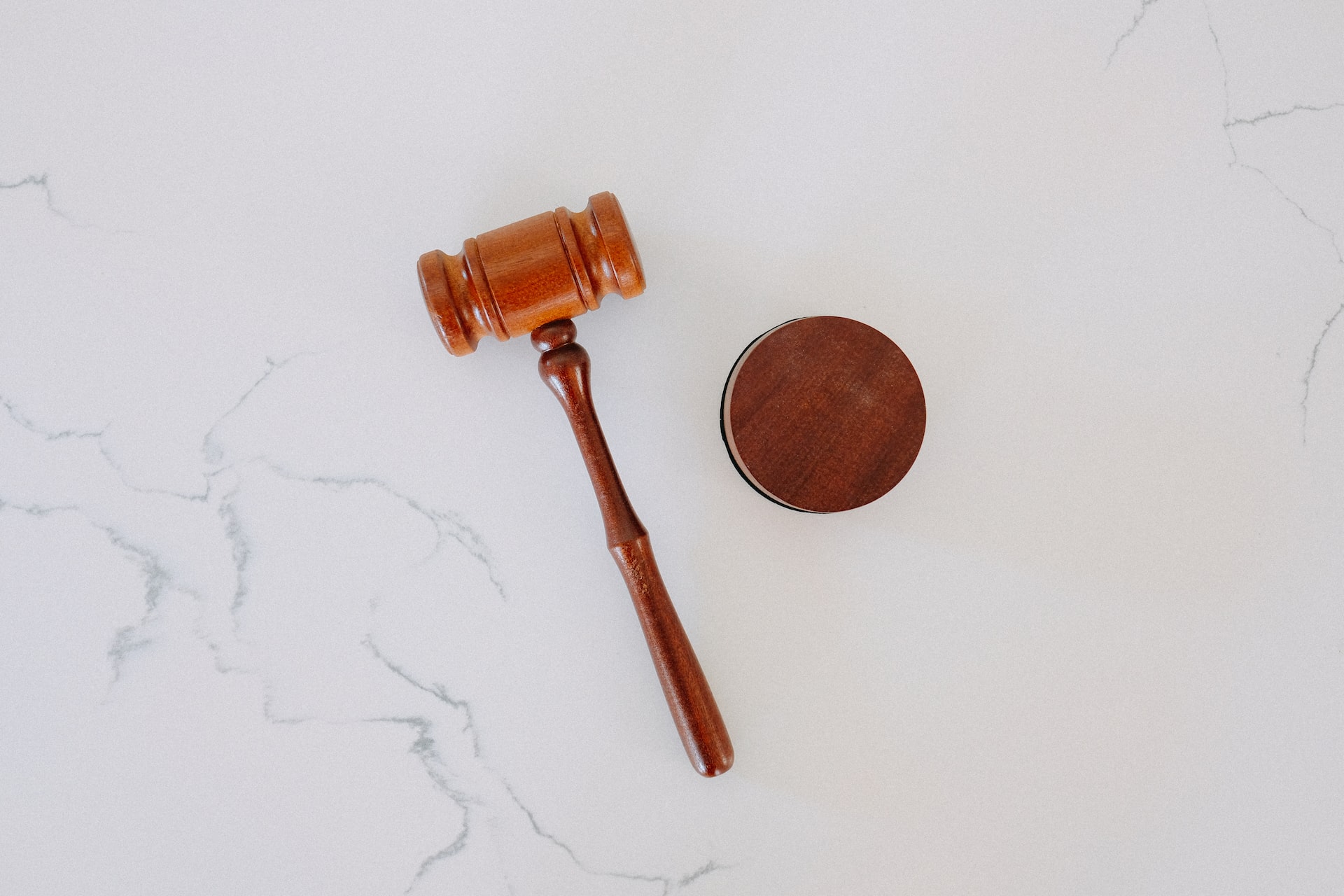Steps to Winning a Personal Injury Case
Under a personal injury claim, the victim is looking to receive some compensation due to damages sustained after an injury caused either directly or indirectly by a third party. The best way to obtain maximum compensation for sustained damages is knowing how to pursue the personal injury claim successfully.
More often than not, victims fail to receive sufficient compensation due to several inconsistencies, such as a lack of adequate evidence. Therefore, you must be well organized and have everything to get the most out of your case.
How exactly do you get the most out of a personal injury case? First, having an experienced personal injury lawyer may help you get the most compensation possible. This individual will explain all the factors likely to contribute to your case positively.
Gather All Documentation
Documentation is one of the most important aspects of any personal injury case. You need to have all your medical records available to be used when required in the case. They include injury documentation, medical treatment documents, prognosis, and medical bill receipts.
The documentation will contain anything and everything pertaining to the case. You must keep all the documents, including receipts for over-the-counter prescription pills, medical lab reports, x- rays, and more.
What’s more, you also need to keep records of the outcome of your injury. For instance, you need to keep documentation of lost wages from work due to the time you spent nursing your injuries and recovery and others, such as transportation receipts since you cannot drive.
Proving negligence
Proving negligence is the next step after gathering all evidence about the case. You need to show that your injury resulted directly from negligence from another party. With this in mind, negligence has four distinct categories, as shown below:
Duty
Here, you need to show that the other party had a duty to keep you safe. For instance, if you were injured while checking in at a hotel, you need to show that the management was responsible for keeping the visitors safe.
Breach of Duty
Once you prove that the other party had a duty to ensure your safety, you need to prove that they failed in this duty. An example is when the hotel management fails to fix the uneven floor leading to injury.
Causation
Here, you need to show that the breach of duty was the direct cause of your injury. For instance, you may break your arm after a fall due to uneven floor tiles.
Damages
After proving causation, you need to show that you suffered damages due to the incident. For instance, you need to show the medical bills, mental anxiety, and pain and suffering you incurred due to the accident.
Witnesses
Your lawyer might ask for any witnesses that might have seen the accident and can corroborate your claim. This might include any bystander or an employee. It can also include any medical professional showing how the injury has affected your life.
There might not be a witness to corroborate your claims in some cases, but there might be video evidence of the incident. This mostly happens when the incident occurs in a public place within reach of public surveillance cameras.
How Long Will Your Case Last?
The timeline of any personal injury case is likely out of the victim’s or defendant’s control. This is because a myriad of factors can influence it. For instance, the defendant might quickly agree to settle, shortening the case.
In other scenarios, the defendant might refuse to settle, prompting the case to go to trial, and this can span anywhere between a few weeks to months and sometimes even years.

